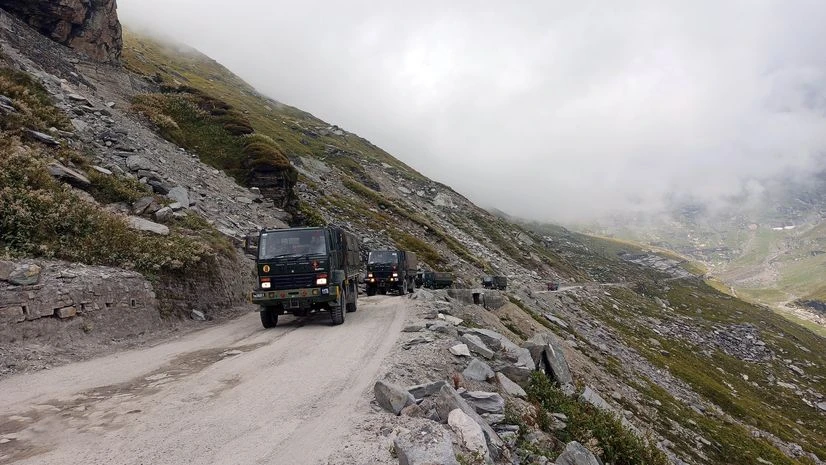The Biden administration has decided to provide cluster munitions to Ukraine and is expected to announce on Friday that the Pentagon will send thousands as part of the latest military aid package for the war effort against Russia, according to people familiar with the decision.
The decision comes despite widespread concerns that the controversial bombs can cause civilian casualties. The Pentagon will provide munitions that have a reduced dud rate, meaning there will be far fewer unexploded rounds that can result in unintended civilian deaths.
US officials said Thursday that the cluster munitions would be part of about $800 million in new military assistance to Ukraine.
Long sought by Ukraine, cluster bombs are weapons that open in the air, releasing submunitions, or bomblets, that are dispersed over a large area and are intended to wreak destruction on multiple targets at once.
The officials and others familiar with the decision were not authorised to publicly discuss the move before the official announcement and spoke on condition of anonymity.
Ukrainian officials have asked for the weapons to aid their campaign to push through lines of Russian troops and make gains in the ongoing counteroffensive. Russian forces are already using cluster munitions on the battlefield, US officials have said.
According to the International Committee of the Red Cross, some cluster munitions leave behind bomblets' that have a high rate of failure to explode up to 40 per cent in some cases.
More From This Section
US officials said Thursday that the rate of unexploded ordnance for the munitions that will be going to Ukraine is less than 3 per cent and therefore will mean fewer threats left behind to civilians.
Cluster bombs can be fired by artillery that the US has provided to Ukraine, and the Pentagon has a large stockpile of them.
The last large-scale American use of cluster bombs was during the 2003 invasion of Iraq, according to the Pentagon. But US forces considered them a key weapon during the invasion of Afghanistan in 2001, according to Human Rights Watch. In the first three years of that conflict, it is estimated the US-led coalition dropped more than 1,500 cluster bombs in Afghanistan.
Proponents of banning cluster bombs say they kill indiscriminately and endanger civilians long after their use. Groups have raised alarms about Russia's use of the munitions in Ukraine.
A convention banning the use of cluster bombs has been joined by more than 120 countries who agreed not to use, produce, transfer or stockpile the weapons and to clear them after they've been used.
The United States, Russia and Ukraine are among the countries that have not signed on.
It is not clear how America's NATO allies would view the US providing cluster bombs to Ukraine and whether the issue might prove divisive for their largely united support of Kyiv.
More than two-thirds of the 30 countries in the alliance are signatories of the 2010 convention on cluster munitions.
Laura Cooper, a deputy assistant secretary of defense focusing on Russia and Ukraine, recently testified to Congress that the Pentagon has assessed that such munitions would help Kyiv press through Russia's dug-in positions.
(Only the headline and picture of this report may have been reworked by the Business Standard staff; the rest of the content is auto-generated from a syndicated feed.)

)
